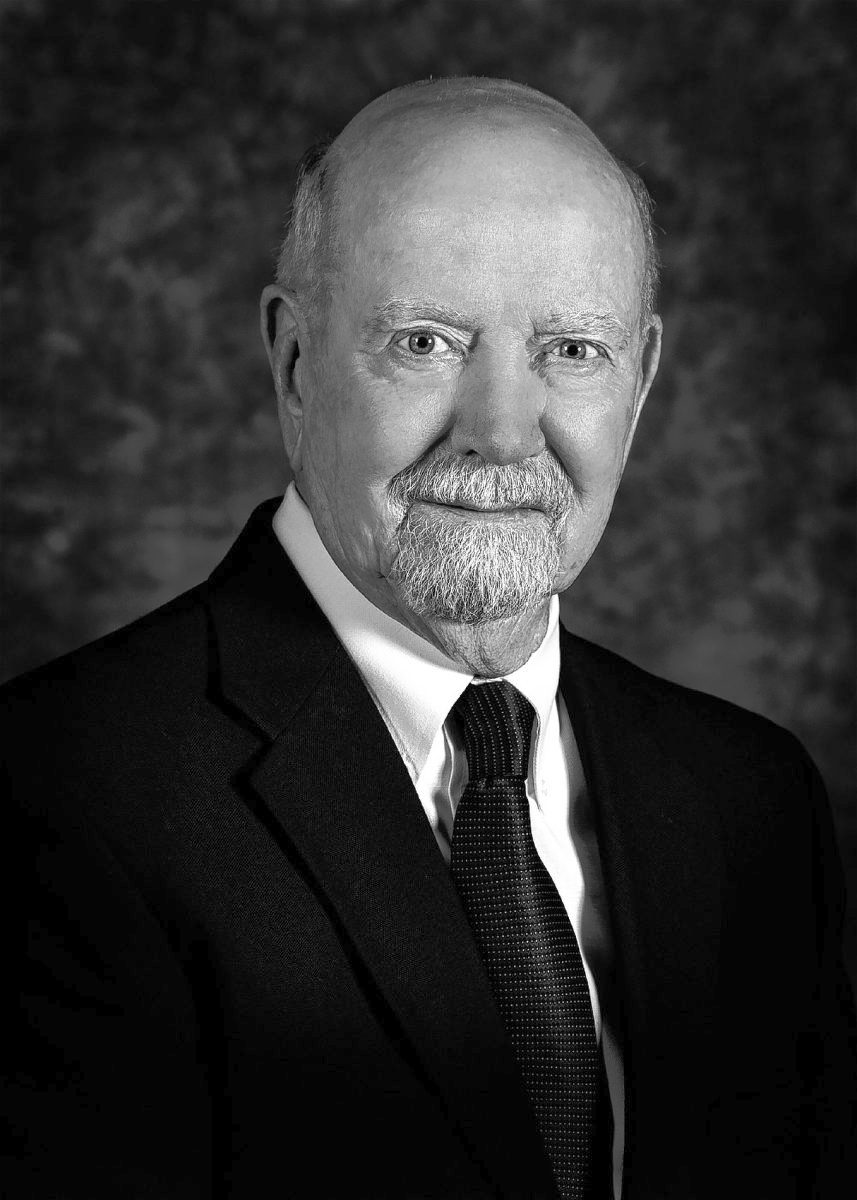
City officials have put the final veto on a local business’s request to rezone property on North State Road 11 for the operation of a clean fill site to recycle construction materials.
After receiving an unfavorable recommendation from the Seymour Plan Commission earlier this month, BP2 Construction went before the Seymour City Council last week.
Council voted 5-1 to deny the company’s request with Council President Dave Earley absent. Councilman Chad Hubbard was the only one to vote in favor.
The 14.29 acres, located in the 2300 block of North State Road 11, is zoned C-1 for neighborhood commercial development.
BP2 was seeking to change the zoning to I-2 for heavy industrial use that would allow for outside storage and recycling of materials including concrete, stone, dirt and gravel.
The company made a similar request in 2017 for a land use variance. The plan commission voted against the petition at that time and BP2 withdrew the variance.
Councilman Jerry Hackney said he didn’t support the rezone because he feels BP2 did not follow the rules when it proceeded to crush stone before securing the required zoning to do so.
After receiving complaints, the plan commission sent BP2 a letter in July to immediately stop industrial operations including storing materials and crushing concrete.
“My concern is you were told not to do it and you did it anyway,” Hackney said.
BP2 owner Brad Pardieck said what little crushing took place was directly related to a project to restore wetlands on a large portion of the property.
That work, he said, was ordered by the Indiana Department of Environmental Management and the U.S. Army Corps of Engineers.
He said it also was done as a demonstration to show city officials and neighbors what the process would look and sound like.
Attorney Jason Smith represented BP2 in the matter and said rezoning the property was an opportunity to use it.
Because of its location to the river and its low elevation, Smith said the property would require a significant buildup before it could be developed for commercial use.
“It’s too cost-prohibitive for C-1 and it’s not even good for farming. It’s almost useless at its current zoning designation,” he said. “But it’s perfect for outdoor warehousing and recycling of earth materials.”
The property also provides good access to the interstate and will keep heavy trucks hauling materials from using and tearing up city streets, Pardieck said.
There is a need for such a business, Smith added, as BP2 has some highway contracts that would benefit from having a local place to take and purchase materials.
Pardieck said one potential customer that would benefit is the city of Seymour.
“Presently, they’ve been burying concrete out at Freeman Field and after talking to some of the city DPW people, they said they’re nearly out of room,” Pardieck said. “In fact I’ve had a few of the city employees ask me how soon can we start bringing some of the concrete to you?”
Crushing of concrete and rock would only be done a couple of days a month during normal work hours between 8 a.m. and 5 p.m., Smith added.
Although some people have voiced their concerns over the level of noise the crushing operation will create, Smith said it would not be as loud as the traffic driving by on the highway.
“It’s about the decibel of a lawnmower when you’re standing right next to it,” he said. “And the noise will blend in with the highway traffic and the trains.”
Another concern from neighbors and the plan commission was that the operation would be an eyesore and would leave people with a negative impression of the city as they are driving in on State Road 11.
Smith said BP2 has worked hard to improve the area by creating a dirt berm around the property and had plans to extend the berm and plant trees along it, which also would help block some of the noise from the crusher.
As for the potential for dust created by the crushing process, Smith said the machine uses a watering system to mitigate the amount of dust and it wouldn’t present any health problems to surrounding residents.
“What dust there is shouldn’t travel to any extent,” he said.
Another reason Smith said the city should be in favor of the rezone is that the proposed use is environmentally friendly since it involves the recycling of materials.
The project already has received pre-approval from IDEM and the Indiana Department of Transportation, Smith added.
“I think this is something every community needs,” he said.
Legally, Pardieck said he wasn’t sure how the city could deny his request.
“If we meet the criteria that was brought to us regarding visibility, dust and noise,” he said. “How could you deny it? You have a duty to us as well.”
